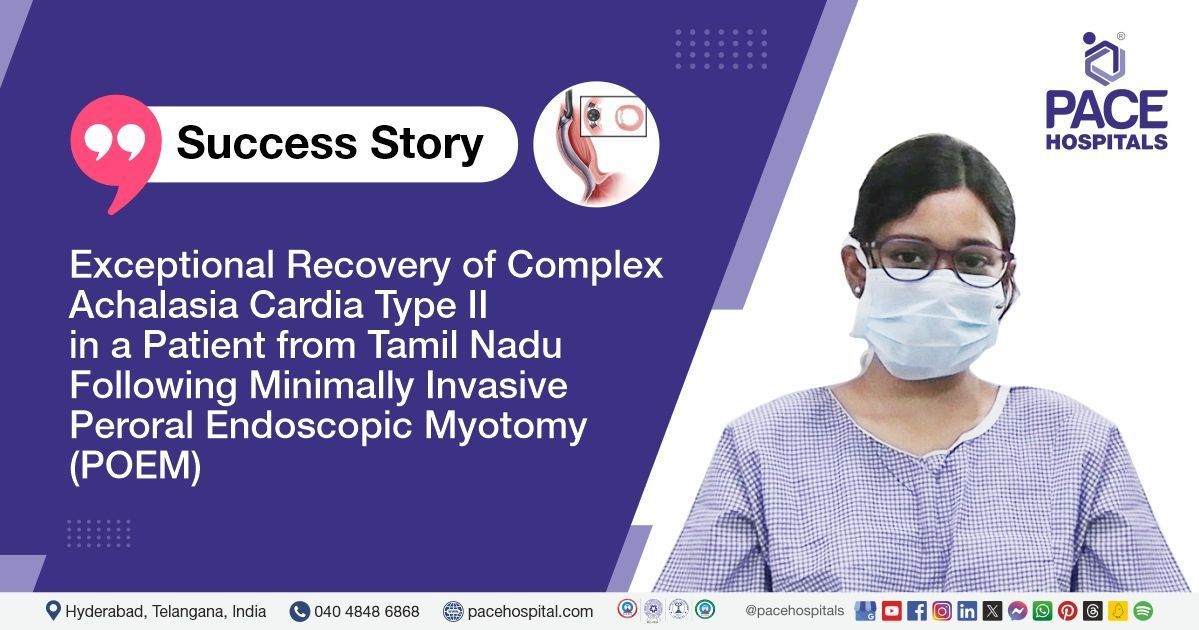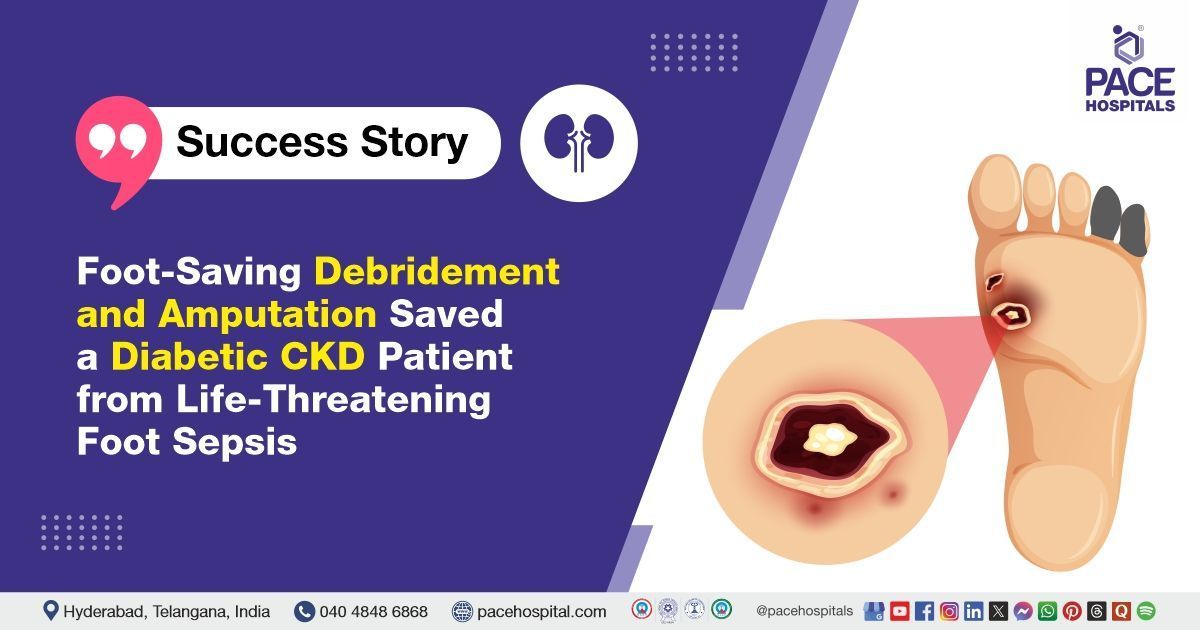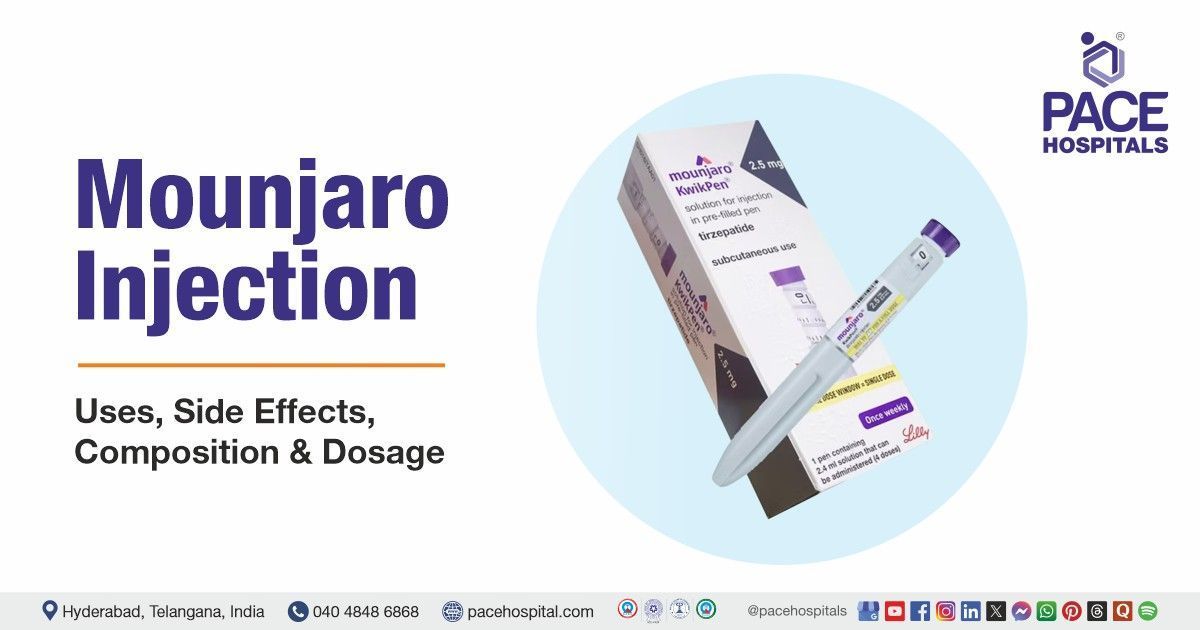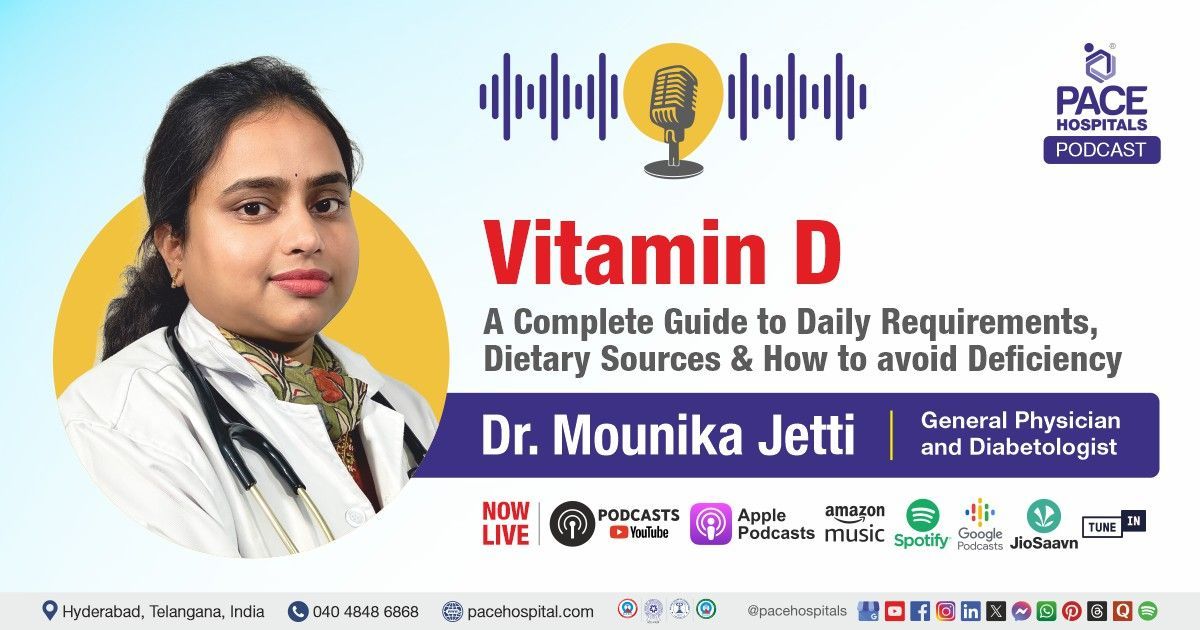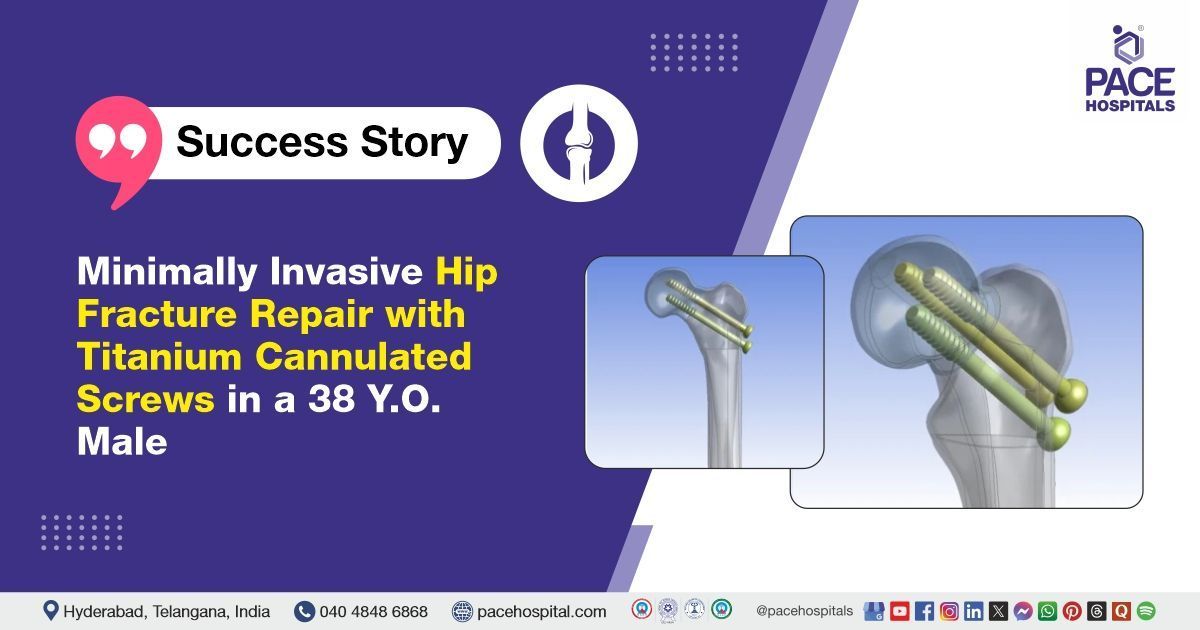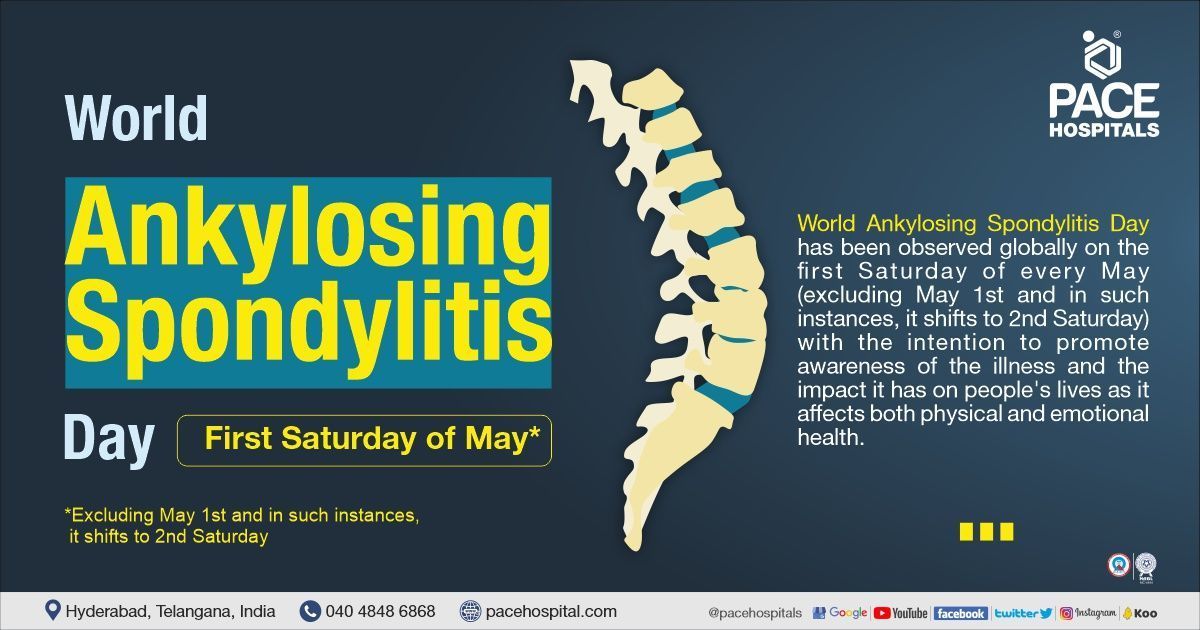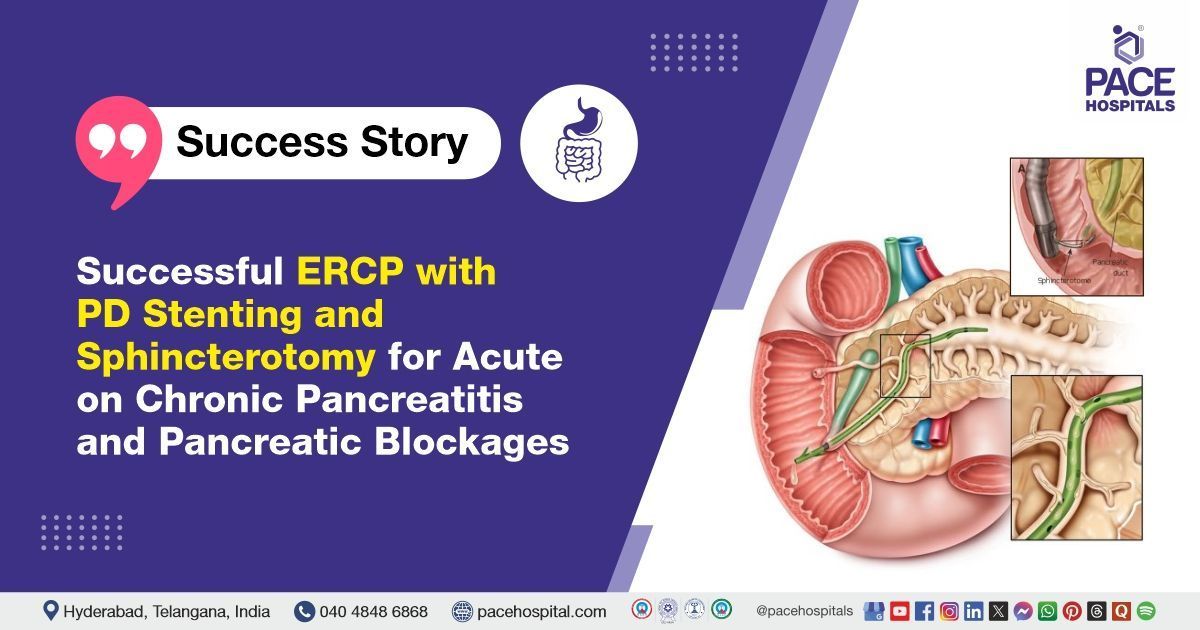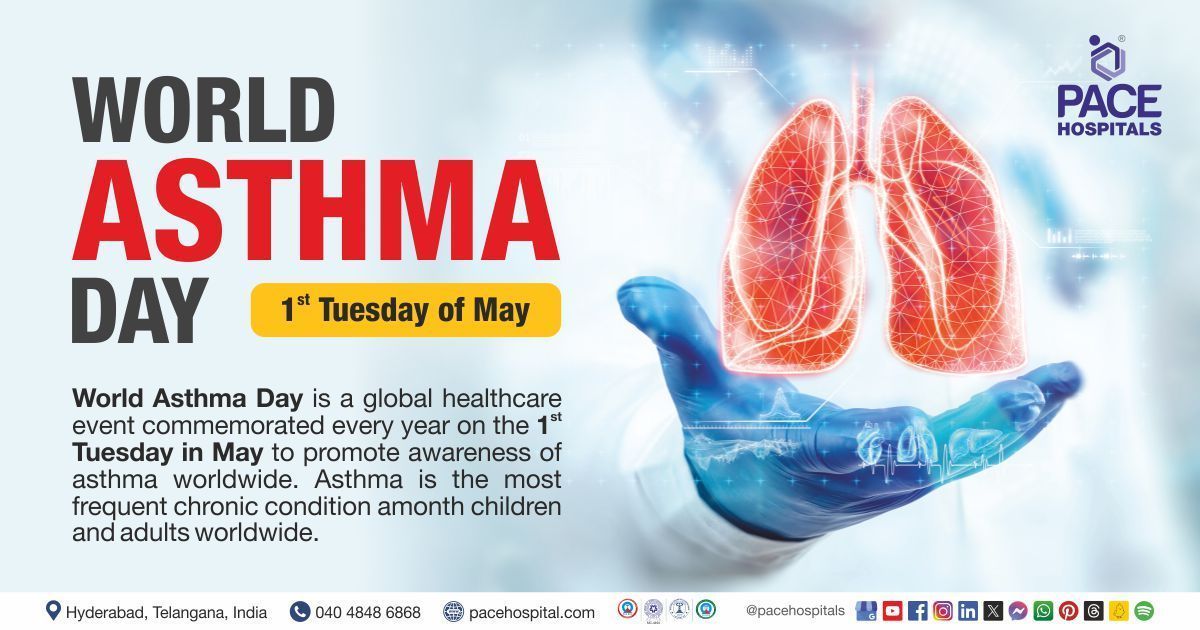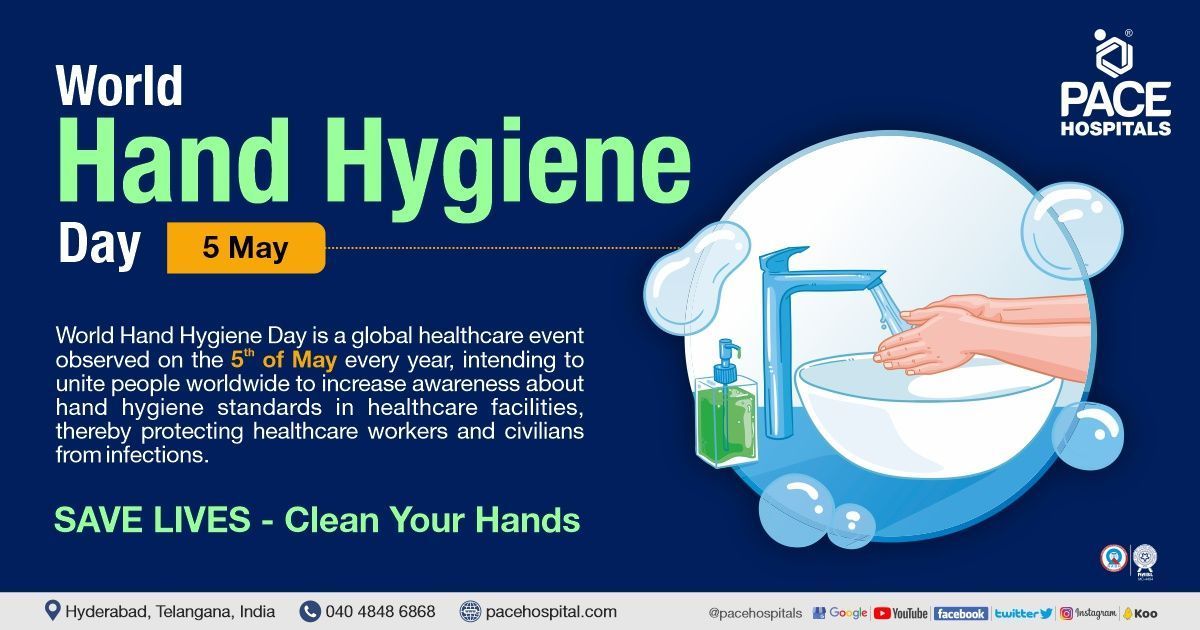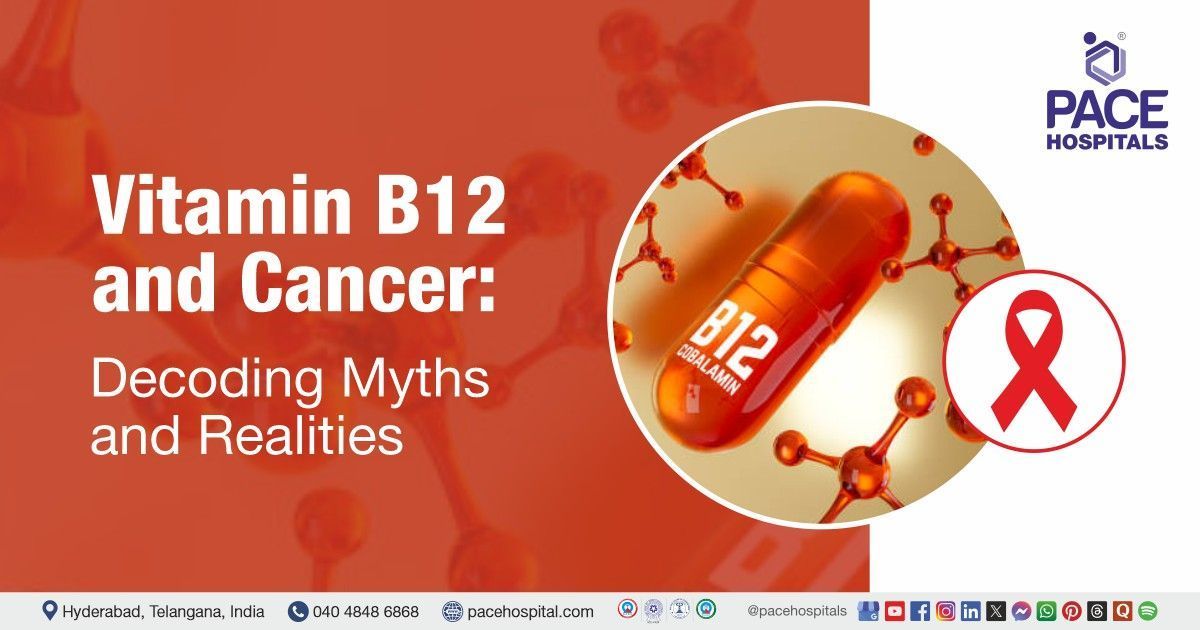Exceptional Recovery from Complex Achalasia Cardia Type II with Minimally Invasive Peroral Endoscopic Myotomy (POEM) In a Young Female Patient
A 16-year-old female from Puducherry presented to PACE Hospitals with a one-year history of dysphagia to both solids and liquids, heartburn, and nocturnal cough. Diagnostic investigations confirmed Achalasia Cardia Type II. The patient underwent Peroral endoscopic myotomy (POEM), to alleviate her symptoms.
Chief complaints
The patient reported difficulty swallowing (dysphagia) of both solid foods and liquids for the past year, accompanied by symptoms of heartburn and cough during night hours. Together, these symptoms were indicative of a potential motility disorder of the esophagus, prompting further investigation to confirm the diagnosis and determine the appropriate treatment.
Medical history
The patient’s symptoms of dysphagia had progressively worsened over the past year, making it increasingly difficult for her to eat and drink. No notable past medical or surgical history was reported, and no history of medication use was noted. The patient had no history of allergies, and there was no significant family history of gastrointestinal conditions.
Investigations and diagnosis
The initial physical examination indicated signs consistent with achalasia cardia, a rare esophageal motility disorder. The diagnostic workup included:
- Blood investigations: Laboratory results showed a low red blood cell (RBC) count and packed cell volume (PCV), indicative of a possible mild anemia. These findings were noted but not deemed critical to the immediate treatment course.
- Endoscopy: The endoscopic examination showed a dilated and tortuous esophagus with resistance at the gastroesophageal (GE) junction, suggestive of an esophageal motility disorder.
- Barium swallow test: This imaging test further clarified the diagnosis, showing a markedly dilated thoracic esophagus with narrowing at the GE junction. These radiologic findings, along with clinical symptoms, were consistent with a diagnosis of Achalasia Cardia Type II.
- Given the clinical presentation and diagnostic results, a final diagnosis of Achalasia Cardia Type II was made.
Treatment
Upon confirming the diagnosis of Achalasia Cardia, Interventional Gastroenterologist, Transplant Hepatologist, Pancreatologist and Endosonologist Dr. Govind Verma along with Dr. M Sudhir, affirmed to perform a Peroral Endoscopic Myotomy (POEM) procedure.
After obtaining patient’s consent and discussion about the procedure in detail, the patient underwent Peroral Endoscopic Myotomy POEM, a specialized endoscopic procedure that involves cutting the inner muscle layer of the lower esophageal sphincter to relieve obstruction at the GE junction.
POEM has become a preferred treatment for achalasia due to its minimally invasive nature, faster recovery, and lower risk of complications compared to traditional surgical myotomy. The procedure was performed successfully, with no complications observed.
Hospital course and post-procedure Care
Following the POEM procedure, the patient was closely monitored in the hospital. The postoperative care included:
- Gastrograffin swallow test: Conducted post-POEM, this test revealed transient retention of contrast without any evidence of contrast leakage, indicating no extravasation and confirming successful completion of the procedure.
- Intravenous fluids (IV fluids): To maintain adequate hydration as the patient was not immediately able to resume oral intake.
- Intravenous antibiotics: Administered prophylactically to prevent infection following the endoscopic procedure.
- Symptomatic management: Medications were provided to manage any residual pain, nausea, or other discomforts post-procedure.
The patient’s vital signs remained stable throughout her hospital stay, with no signs of infection or complications from the procedure.
Discharge notes
After a period of observation, the patient was discharged in a hemodynamically stable condition. Discharge instructions included a gradual dietary progression to ensure a smooth transition to regular eating habits without causing undue strain on the esophagus:
- Dietary instructions: She was advised to consume a liquid diet for the first 7 days following discharge. After this period, a soft diet was recommended for an additional 7 days to allow the esophagus to adapt to post-myotomy.
- Follow-up: The patient was instructed to follow up with Dr. Govind Verma after a month for further monitoring and to assess the long-term effectiveness of the POEM procedure.
- Post-discharge care: She was advised to avoid strenuous activities and any foods that could irritate the esophagus during the initial recovery period.
Role of IV Antibiotics in Post-POEM Recovery and Infection Prevention
Intravenous (IV) antibiotics are essential in the post-myotomy care following procedures like Peroral Endoscopic Myotomy (POEM) for conditions such as achalasia cardia. These antibiotics help prevent infections due to the creation of a mucosal incision and manipulation within the esophagus, reducing the risk of complications such as mediastinitis, esophageal perforation, and pneumonia. They are particularly important in preventing aspiration pneumonia, as POEM may temporarily impair swallowing, increasing the risk of food or fluid entering the lungs.
Additionally, IV antibiotics aid in supporting the healing process by minimizing the risk of bacterial infections that could delay recovery or cause complications like abscess formation. They also help prevent systemic infections, ensuring the patient's overall safety and comfort during recovery. Antibiotic use is typically discontinued once the risk of infection has passed, and the patient shows signs of healing. Careful monitoring throughout the recovery process is critical to ensure a smooth recovery without complications.
Share on
Request an appointment
Fill in the appointment form or call us instantly to book a confirmed appointment with our super specialist at 04048486868

